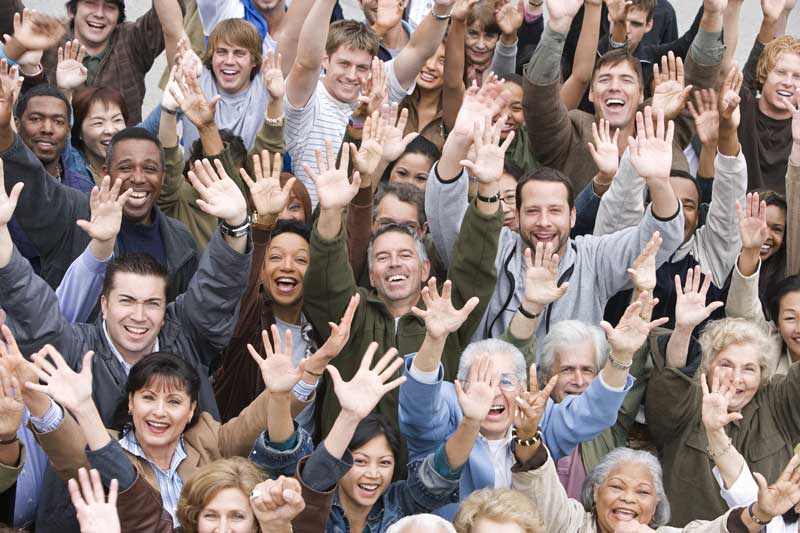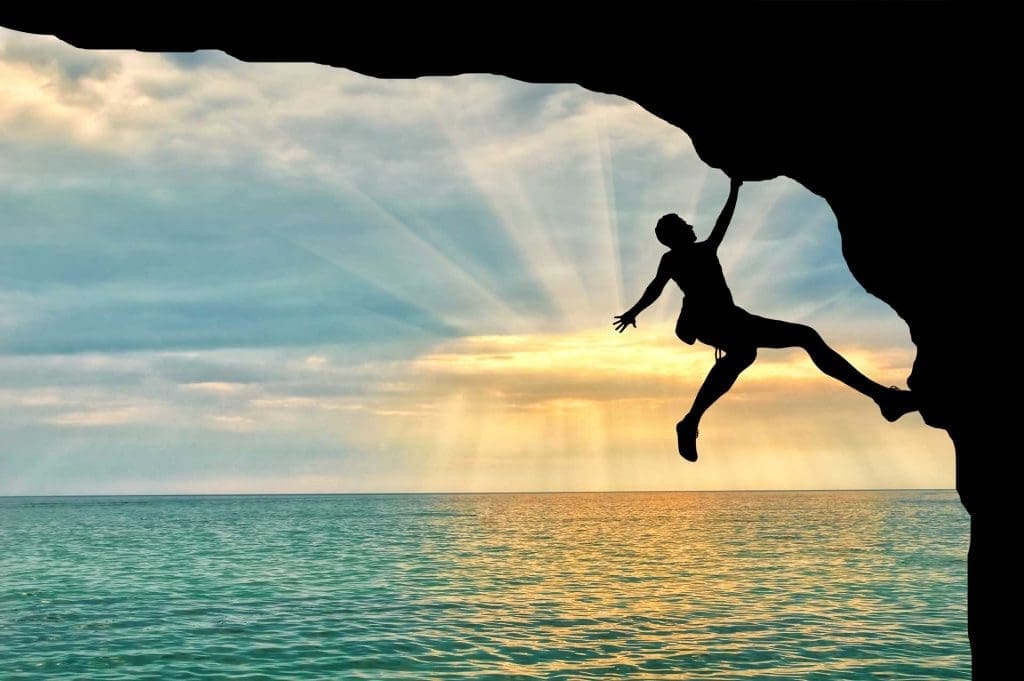Dangers of Fentanyl
FentanylWhat is it? NARCOTICS (OPIOIDS) According to DEA.GOV Fentanyl is a synthetic opioid that is 80-100 times stronger…
Please click the ACCESSIBILITY icon to change text sizes for reading![]()
By becoming a member of DACA (Drug Advisory Council Australia) you receive our online training, exclusive webinars and help our Council provide a wealth of knowledge to families that need our help.
Your sponsorship means we can continue to review and contribute to legislations and information that is available to the public and private sector.




Our Home Base and support network for the grieving and aggrieved families of Australian drug users and the drug affected.
FentanylWhat is it? NARCOTICS (OPIOIDS) According to DEA.GOV Fentanyl is a synthetic opioid that is 80-100 times stronger…
We need your support in order to help families in Australia struggling with the effects of drugs.
Thank you for your help.
© 2023 Drug Advisory Council of Australia. All Rights Reserved. web development trondez.com